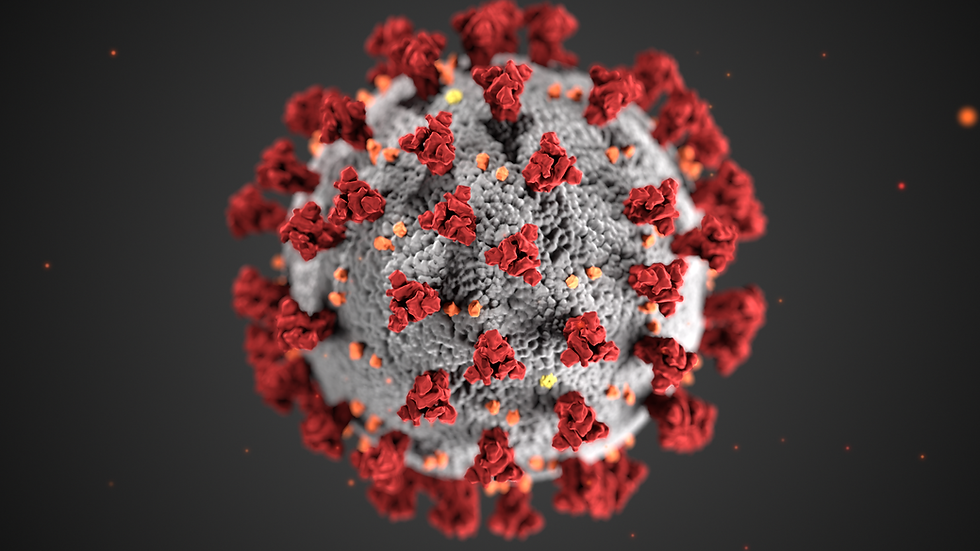Current Events: WHO Decision on Mass Disruption of Malaria Vaccine
- GSTAR Westlake
- Oct 24, 2021
- 2 min read
Updated: Jan 17, 2022
Written by Mallory Wenk

On October 6, the World Health Organization announced that it would now recommend a broad rollout of a malaria vaccine, after pilot testing proved effective in rural and remote settings. This decision marks a landmark moment in the fight against malaria, which has no other vaccines.

Malaria killed roughly 400,000 people in 2019, the bulk of which were in sub Saharan Africa. The largest affected group is young children, who account for an estimated 279,000 of the deaths in 2019. This is the first vaccine for a human parasite, and has the capability to save tens of thousands of lives, and further research for other vaccines for human parasites. The vaccine is developed by GSK and is known as RTS,S, and is given in four doses, which creates difficulties in delivering all four doses in those remote and rural settings, raising concerns over the effectiveness of the vaccine in a real world setting.

To test this concern, WHO’s vaccine advisors suggested the pilot program, which began in 2019 in Ghana, Kenya, and Malawi deploying the vaccine in their communities. All three countries gave the first three doses of the vaccine at monthly intervals, starting somewhere around 5-6 months of age, and the final dose is given 18 months after the first one, around the child’s second birthday. While the first three shots are given around the same time as other vaccines, the final one isn’t, creating fear that parents wouldn’t bring in their child for the final dose, and limiting the usefulness of the vaccine. An additional fear was that parents would assume that the vaccine would allow them to stop the other precautions that they take, despite its offer of only partial protection, like having their children sleep under a treated bed net.

The pilot program, however, defined these odds and proved that the vaccine can be distributed and delivered to patients effectively through child health clinics and that the communities actually want the vaccine; more than 800,000 children have received the vaccine already. The pilot program also was able to put fears about different safety concerns that were raised during the clinical trials, the concerns of peculiar interests were whether the vaccine would increase rates of meningitis, cerebral malaria, and if there would be an overall increase in deaths among girls who had received the vaccines. These fears were demonstrated to be not real and no link was found between the vaccine and increases in rates of those diseases.
It is now up to the member countries to carry out the implementation and rollout of the vaccine, while funding will be needed to help them do so. This vaccine doesn’t offer full protection from the parasite, but even the partial protection is a huge step, and a step forward for vaccines against other parasites. The vaccine reduces the risk of malaria by 40% and the risk of severe malaria, which has a high death rate, by 30%, so there is much hope for its success and future vaccines for malaria




Comentarios